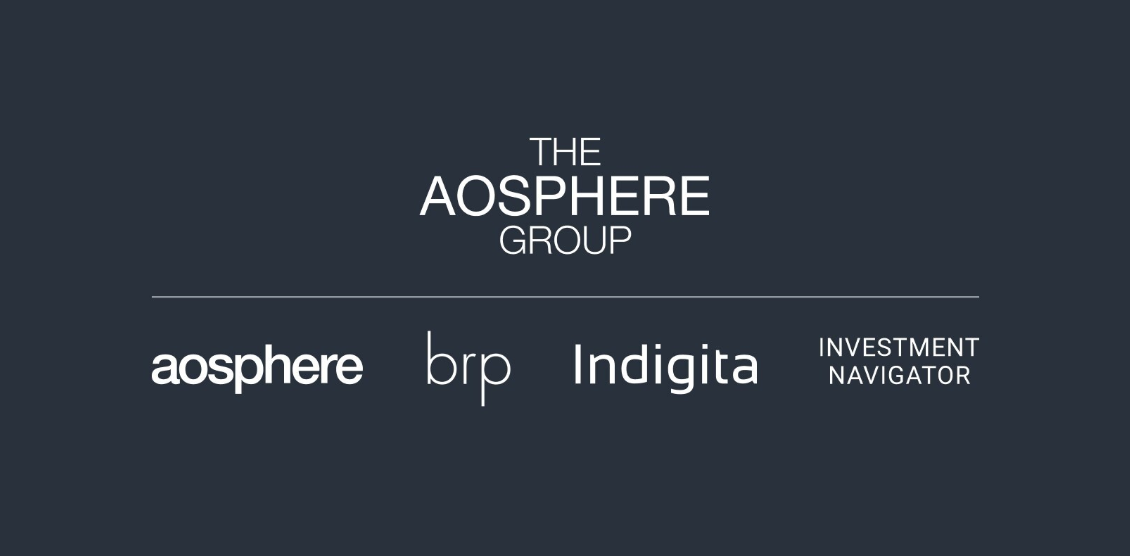Source: BRP Tax SA
A famous phrase touts that only two things are certain in life, one of them being taxes. This certainly is true, given the fact that legislation across the globe requires individual citizens to report their income and pay the appropriate level of taxes on these assets.
However, the process of maintaining compliance with changing tax laws can be challenging, particularly when it comes to Financial Institutions that have clients all over the world. Financial Institutions need to be aware that they run a risk when recommending financial products to investors in case they are tax detrimental. It is of utmost importance to understand how these financial products behave from a tax point of view, and whether they are suitable for a specific portfolio. Failure to comply with tax rules will not only incur financial penalties but it also represents a commercial risk as well as a potential civil risk.
To mitigate these important risks (regulatory, civil, and commercial), Financial Institutions should implement a Tax Suitability framework within the general suitability process. This tax suitability framework should include:
-
Tax Rules of financial products according to the Client’s country of residence and to specific tax regimes.
-
Tax Suitability Rating of each financial instrument and a global tax suitability indicator of a Client’s portfolio.
-
Assessment of possible tax implications during internal processes such as on-boarding, product design, portfolio management, advisory or tax reporting.
-
Monitoring of changes in regulatory and tax legislations on a country-by-country basis.
In doing so Financial Institutions will exclude investments that fail to answer the reporting requirements of the country of residence of the Ultimate Private Taxpayer (UPT) or that are deemed detrimental from a tax perspective. This approach is not meant to be a provision of individual tax advice as it is not a proactive legal activity, aimed to minimise the client’s tax liability, based on an in-depth knowledge of the individual circumstances of each respective client.
The fact that Financial Institutions are not obliged to provide tax advice to their clients, as it is often expressly excluded in the applicable contractual conditions, does not exempt them from fulfilling their responsibilities. Indeed, avoiding investments whose taxation is harmful because it jeopardises investment performance is part of the Financial Institutions’ obligations as asset managers.
A pragmatic Tax Suitability approach should be applied on a cross-border basis and allows to obtain:
-
Definition of the Ultimate Private Individual Taxpayer (UPT and Tax Residence/Status),
-
Appraisal of tax impacts for a Foreign Private Banking account,
-
Identification of Financial Instruments Tax Rules by Asset Class (CFI, ISIN),
-
Assessment of Tax Suitability Rating with criteria rules based on Tax rate, Withholding Tax, Loss and Fees Deduction, Reporting Obligations,
-
Evaluation of benefits on Client Tax Reporting and After-Tax Performance.
This method should be used within the digitisation of tax suitability. An efficient Tax Suitability Digital Solution may provide Tax Suitability Rating by product with comments and alerts for a full asset class matrix as per the following criteria:
-
Differentiated tax rates (by income category / flat or progressive rate).
-
Income subject to a withholding tax (final / Double Tax Treaty in force).
-
Relief for losses and deduction of fees.
-
Reporting Obligations (administrative burden).
If ignored, the costs of the absence of Tax Suitability in connection with financial products may be significant, have a direct impact on the expected returns, and, hence, on the client’s objectives and asset situation (art. 8 §2 let. a Swiss Financial Services Act).
If you would like to learn more about how Indigita’s solutions inApp & API address the topic discussed here, please contact us at info@indigita.ch or by telephone at +41 44 552 59 40.




